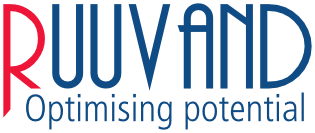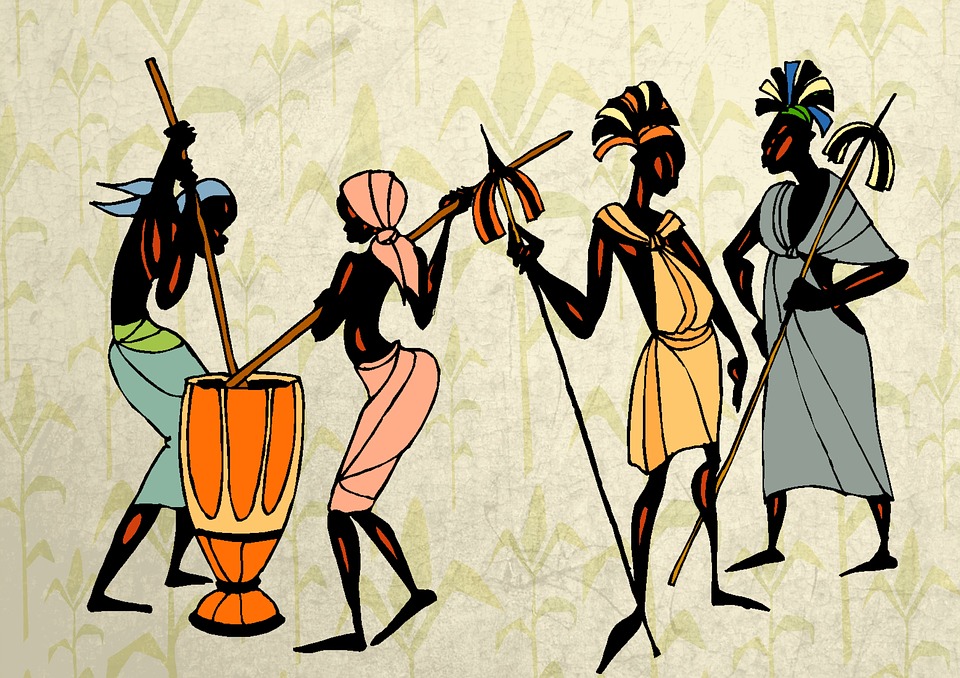Fighting has negative connotations but it is really about survival. On the streets, serious fights end quickly, in seconds. Trained fighters and martial artists say that to fight well, you must concern yourself with what is in your control and be in the present. In the present, you can take opportunities as they come and defensive action as you need to. Yes, a high level aggression is also needed.
They will tell you that in a fight, once you start worrying about what your opponent will do, you get hurt. Your focus shifts to anticipation and you begin to be led by the opponent, fighting your opponent’s fight. Your focus must therefore be on what you are doing with your strengths and abilities, in the moment. Fight your fight and let the opponent worry about theirs.
As Steven Covey would say, be in your circle of control. Do not dwell in your circle of concern, where you have neither control nor influence. This has application to daily life, individual achievement and competition between organisations.

 I listened to Graham Keen’s audio cd “95@95” in the car over the weekend and whilst I did not agree with all its contents, it brought together many things I know. Isn’t it great when writers are able to make you wonder “how come I did not realise this myself?” A strong point for me was his conclusion that if you want to make changes in your life, you must look at the messages you give yourself of who you are (your self-concept). Change these messages and your behaviour will begin to change to suit your new messages.
I listened to Graham Keen’s audio cd “95@95” in the car over the weekend and whilst I did not agree with all its contents, it brought together many things I know. Isn’t it great when writers are able to make you wonder “how come I did not realise this myself?” A strong point for me was his conclusion that if you want to make changes in your life, you must look at the messages you give yourself of who you are (your self-concept). Change these messages and your behaviour will begin to change to suit your new messages.

